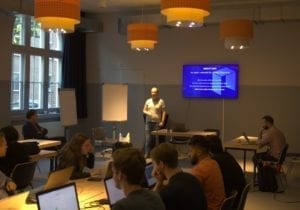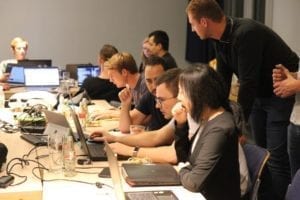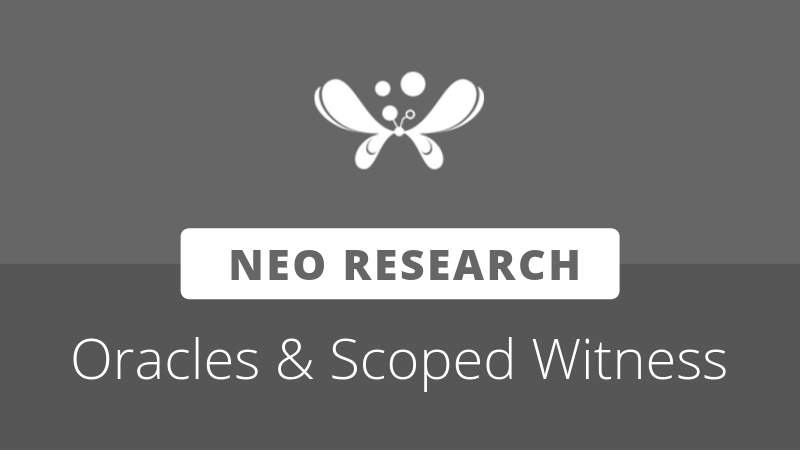
On Wednesday, September 4th, NEO sponsored a hackathon, held in coordination with the Delft University of Technology and the University of Twente. The composition of hackathon participants was primarily cybersecurity students of the two universities, both of which specialize in the 4TU Cyber Security master’s program. NEO officially sponsored the event and supplied 500 GAS to launch the winning product’s smart contract on MainNet.
The event was organized by NeoBlocks founder and COZ member, Thomas Lobker, at the request of NEO Global Development (NGD).
Lobker has been active in the NEO ecosystem since 2017. He began working with COZ in its early stages, with his interest in developing smart contracts initially spurred by COZ’s first dApp competition. Lobker is a Linux user who prefers to code in Python for smart contract development and JavaScript for everything else.
In a conversation with NEO News Today, Lobker said:
I love to share my passion for NEO and blockchain development. The people I meet at these hackathons are usually very interested in blockchain. Mostly they have already heard about blockchain and Bitcoin, but they haven’t tried blockchain development yet. It’s great to get them excited and to show them how easy development on the NEO blockchain can be.
The Hackathon
The hackathon took place on a Wednesday night from 7:00 pm until roughly 1:00 am. It was attended by 30 students and was held during a week-long convention called “Integration Week” where the main topic was privacy. Integration week is organized by the Delft University of Technology and the University of Twente, and sponsored by Big Four accounting firm KPMG. Attending students spend a week away in a hotel participating in various activities.
Before the event, rules and details were posted in a GitHub repository. The repository offered participants requisite information for getting connected to a PrivateNet, as well as a hello world and token smart contract example for participants to practice.
The hackathon challenge centered around creating a messenger application – similar to Telegram or WhatsApp – but in a decentralized manner and with a focus on privacy. After a short introduction to the NEO ecosystem and blockchain development, the participants created small teams and began building their projects.
The final product delivered by participants was required to allow use of an existing chat server or a self-hosted server. Servers would be registered in a smart contract and provide information such as protocol, version, and address so that others servers could find and connect to them.
Once registered in the smart contract, users then needed to be capable of registering on the server using their NEO address as their identity. This information would also be stored in the smart contract, and from here, users on the network could locate and communicate with each other, regardless of which server they are located on.
To enable end-to-end encryption, it was also required that users should register their public key into the smart contract. This will allow messages to be sent in an encrypted manner as they are passed from server to server. The sender encrypts the message with the public key of the receiver, so that only the receiver is able to decrypt and read.
The winning version of the application, which is still to be announced, will be deployed to the NEO MainNet. Lobker intends to work with winning team to help them finish up the dApp and see through deployment.
On the product, Lobker said:
So, it’s much like e-mail actually. With e-mail you just put your SMTP server in DNS, and your public key (if you use PGP) somewhere in a public keyserver. Those elements are now going to be replaced by blockchain in order to make it immutable and cryptographically verifiable.
Looking forward, Lobker says, “we are getting ready to organize more hackathons in the future.”










About The Author: Dylan Grabowski
Dylan is a reformed urban planner with a passion for covering the Neo ecosystem. His objective as a writer for Neo News Today is to report news in an objective, fact-based, non-sensational manner. When not behind a computer screen, he can be found in the mountains rock climbing. Find Dylan on Twitter (@GrabowskiDylan).
More posts by Dylan Grabowski